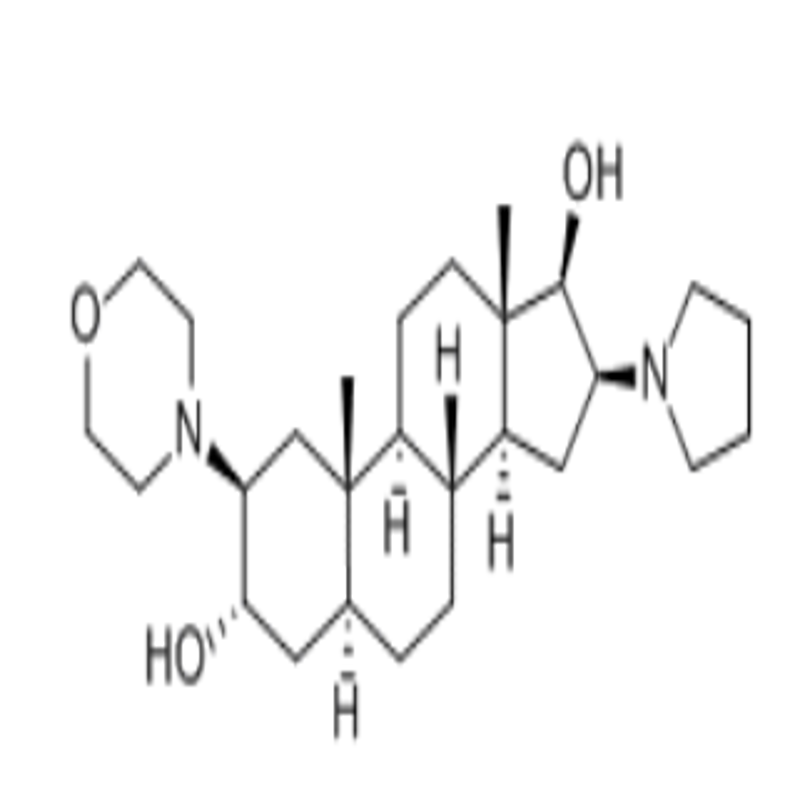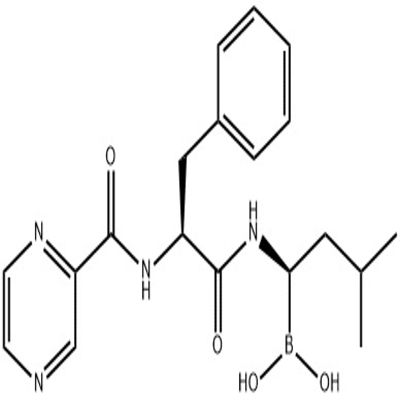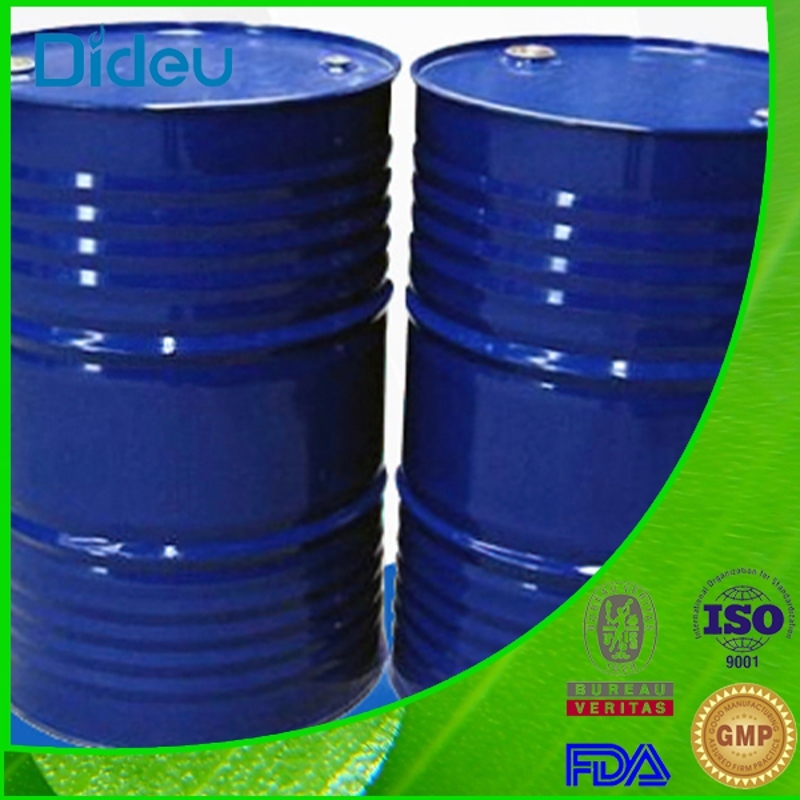-
Categories
-
Pharmaceutical Intermediates
-
Active Pharmaceutical Ingredients
-
Food Additives
- Industrial Coatings
- Agrochemicals
- Dyes and Pigments
- Surfactant
- Flavors and Fragrances
- Chemical Reagents
- Catalyst and Auxiliary
- Natural Products
- Inorganic Chemistry
-
Organic Chemistry
-
Biochemical Engineering
- Analytical Chemistry
-
Cosmetic Ingredient
- Water Treatment Chemical
-
Pharmaceutical Intermediates
Promotion
ECHEMI Mall
Wholesale
Weekly Price
Exhibition
News
-
Trade Service
The chemical compound 3-(1-Pyridinio)-1-propanesulfonate, commonly known as Pyridostigmine, is a potent cholinesterase inhibitor that has been widely used in the chemical industry for various applications.
This compound has been found to have several beneficial properties, such as low toxicity, high potency, long duration of action, and low frequency of dosing.
These properties make it an ideal choice for treating various medical conditions, including neuromuscular disorders and respiratory diseases.
In recent years, Pyridostigmine has gained significant attention in the chemical industry due to its ability to enhance the efficacy of certain pesticides.
By inhibiting cholinesterase, the enzyme responsible for breaking down acetylcholine, Pyridostigmine can increase the levels of acetylcholine in the body, leading to improved muscle strength and longer-lasting paralysis in targeted pests.
This increased efficacy has been shown to result in improved pest control and reduced pesticide usage, making Pyridostigmine a cost-effective and environmentally friendly option for pesticide manufacturers.
One of the main advantages of Pyridostigmine is its low toxicity, making it safe for use in a variety of applications.
Additionally, its high potency and long duration of action make it an effective treatment for various medical conditions.
For example, it has been used to treat myasthenia gravis, a chronic autoimmune disorder that causes muscle weakness and fatigue.
Pyridostigmine helps to increase the levels of acetylcholine in the body, improving muscle strength and reducing muscle weakness.
Pyridostigmine has also been used in the treatment of respiratory diseases, such as chronic obstructive pulmonary disease (COPD).
By increasing the levels of acetylcholine in the body, Pyridostigmine can help to improve muscle function and increase ventilation, making it easier for patients to breathe.
This has been shown to improve lung function and reduce symptoms of COPD, making Pyridostigmine an effective treatment option for patients with this condition.
Another advantage of Pyridostigmine is its low frequency of dosing.
Unlike other cholinesterase inhibitors, Pyridostigmine has been found to provide long-lasting effects with a single dose, reducing the need for frequent dosing.
This makes it a convenient and practical treatment option for patients and healthcare providers.
In conclusion, Pyridostigmine is a versatile compound with a wide range of applications in the chemical industry.
Its low toxicity, high potency, long duration of action, and low frequency of dosing make it an ideal choice for treating various medical conditions, including neuromuscular disorders and respiratory diseases.
Additionally, its ability to enhance the efficacy of certain pesticides has made it a cost-effective and environmentally friendly option for pesticide manufacturers.
Overall, Pyridostigmine is a valuable chemical compound with numerous benefits for both the chemical industry and the medical community.







